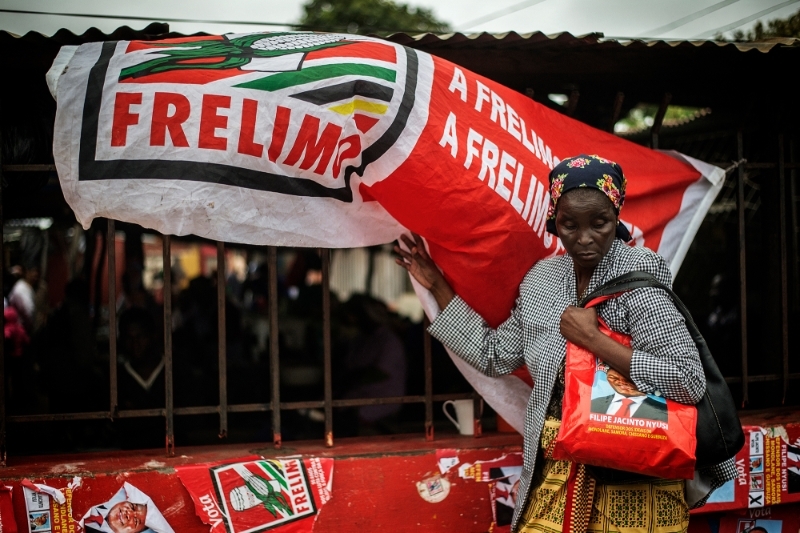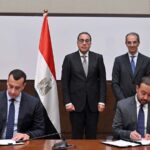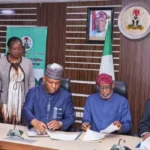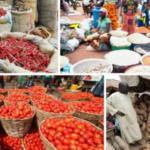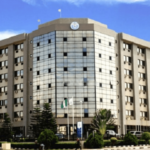Mozambique is set told a general election on Wednesday, October 9, 2024. The election is coming on the back of huge economic uncertainty. The economic situation is further compounded by a huge debt profile which has almost equalled the country’s GDP.
Rising borrowing costs are putting pressure on Mozambique to embrace fiscal discipline, particularly as delayed gas revenues mean it is running out of options to refinance its debt. With this uncertain economic climate, Mozambique’s election winner faces a huge task.
First, the winner must find the most strategic way to curb excess borrowing while also meeting up with government obligations. Also, there must be concerted efforts towards tackling corruption in government.
Mozambique also faces high levels of unemployment and hunger, exacerbated by a severe drought. According to the U.N. World Food Program, 1.3 million people are battling severe food shortages.
- Advertisement -
There is also the concern about soaring inflation and a rapidly depreciating currency. All of which will need urgent action from whoever emerges winner in tomorrow’s polls.
The ruling Frelimo Party has been in power for 47 years. It has fielded Daniel Chapo who is seen as the frontrunner though there are three other candidates vying to replace Felipe Nyusi as president of the southeast African nation.
President Filipe Nyusi is stepping down at the end of his two terms and hopes to hand the reigns of power to Chapo. His government had to deal with the fallout of the “tuna bond” corruption scandal – which triggered the country’s worst economic crisis.
The ‘tuna bond’ scandal involved Credit Suisse, in which loans for a fishing fleet went missing, leading Mozambique to default on its debt and the International Monetary Fund to suspend lending. It is an evidence of Mozambique’s long standing corruption problem in government.
Approximately 17 million voters in the southern African country, which has a total population of 31 million, are registered to participate in the upcoming presidential election. There will also be elections for 250 members of parliament and provincial assemblies.
- Advertisement -




